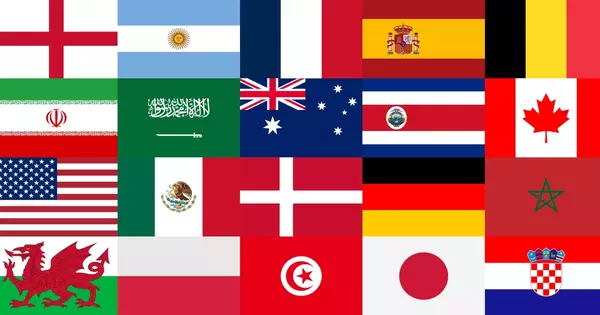Ethnic nationalism is a political ideology or movement that emphasizes the value of shared ethnic identity, culture, and heritage as the foundation of a nation-state or political community. It is also known as ethnonationalism, is a type of nationalism in which the nation and nationality are defined in terms of ethnicity, with an emphasis on an ethnocentric (and, in some cases, ethnocratic) approach to various political issues related to national affirmation of a particular ethnic group.
The central tenet of ethnic nationalists is that “nations are defined by a shared heritage, which usually includes a common language, a common faith, and a common ethnic ancestry.” It holds that a nation should be defined primarily by its common ethnicity, which often includes shared language, religion, history, and customs. Other ethnic groups may be considered second-class citizens. In other words, it asserts that the people of a country should be of the same ethnic group.
Key features of ethnic nationalism include:
- Ethnic Homogeneity: Ethnic nationalism advocates typically believe that maintaining a homogeneous ethnic population contributes to a nation’s strength and stability. They may be against immigration and cultural diversity because they believe it will dilute the nation’s cultural identity.
- Cultural Preservation: Ethnic nationalists frequently advocate for the preservation and promotion of their ethnic group’s cultural practices, language, traditions, and values. This preservation is regarded as critical to preserving the nation’s identity and distinctiveness.
- National Sovereignty: Ethnic nationalists frequently prioritize their nation’s sovereignty and autonomy. They may strive for self-government and resist external influences or interference.
- Exclusivity and Boundaries: Ethnic nationalism can lead to exclusionary policies, as it defines the nation based on specific ethnic criteria. This can create tensions with minority groups or those who don’t fit the established ethnic definition of the nation.
The Ottoman Empire and the United States are examples of polyethnic states in which the nation is defined geographically. The term “ethnic nationalism” is used in this context by theorist Anthony D. Smith. Scholars of diaspora studies broaden the concept of “nation” to include diasporic communities. Sometimes the terms “ethnonation” and “ethnonationalism” are used to describe a conceptual collective of dispersed ethnics. Ethnic nationalism can become a form of pan-nationalism or macro-nationalism when defined broadly, as in pan-Germanism or pan-Slavism.
Ethnic nationalism is frequently contrasted with civic nationalism in scholarly literature. Critics of ethnic nationalism argue that it can lead to discrimination, xenophobia, and the marginalization of minority groups within the country. It may also cause conflicts between different ethnic groups, especially in regions with diverse ethnic backgrounds.
















